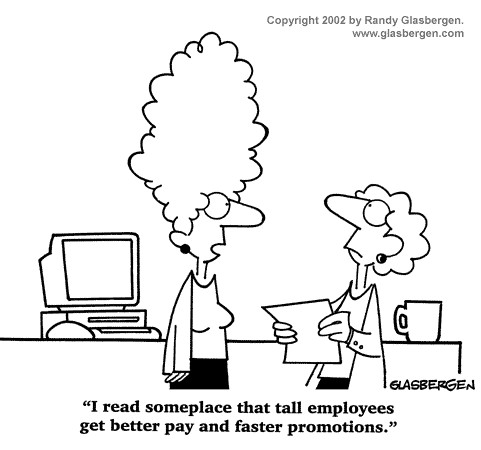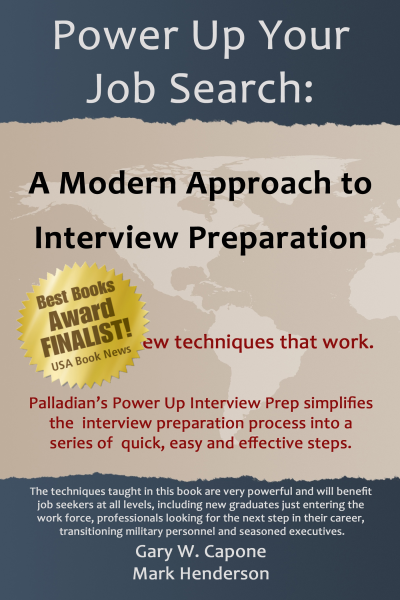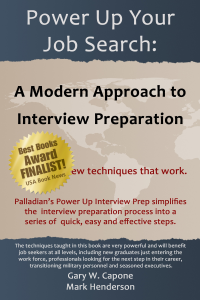 Many interviewers ask what a job seeker has learned about the company. This question is designed to uncover two primary pieces of information. First, determine if the job seeker took the time to do some research. Many job seekers skip this step and hurt their chances. Second, learn what is important to the job seeker based on the topics they research.
Many interviewers ask what a job seeker has learned about the company. This question is designed to uncover two primary pieces of information. First, determine if the job seeker took the time to do some research. Many job seekers skip this step and hurt their chances. Second, learn what is important to the job seeker based on the topics they research.
When you do your research, you should learn about the company’s history, their financial performance, their operations and products/services. Another element to research is the company’s mission statement. A mission statement provides the fundamental basis of the company’s strategy, goals and values. It can give you an idea of the culture of the company and the qualities that will be important in a hiring decision.
Let’s look the mission statements from three vastly different restaurant firms:
- Morton’s The Steakhouse – Attract, Value, Retain and Develop the best talent in the industry, serve the best food (anytime, anywhere at any cost) and execute unparalleled hospitality – the best dining experience – 365 days a year.
- Starbucks – To inspire and nurture the human spirit— one person, one cup, and one neighborhood at a time.
- YUM Brands – At Yum! we’re building a vibrant global business by focusing on four key business strategies:
- Build leading brands across China in every significant category
- Drive aggressive international expansion and build strong brands everywhere
- Dramatically improve U.S. brand positions, consistency and returns
- Drive industry-leading, long-term shareholder and franchisee value
What do these three mission statements say? Morton’s prioritizes exception quality in its employees, food and service.. Starbucks values the impression made on their customers… Yum Brands focuses on growth, brand position and shareholder value. In reality, all of these qualities are important to all three organizations, and to all restaurants. No one wants to have a restaurant with low quality, poor environment, bad service, terrible value, non-growing business or declining shareholder value. The difference is how each organization prioritizes these values.
The three mission statements are excellent goals, but vastly different. A job seeker interviewing at each company will need to emphasize different skills and abilities. Understanding the expectations and goals of the company will help you tailor your presentation. Be prepared to discuss situations from your experience that demonstrate success in meeting the objective of the company.
The mission statement of a company is a starting point. It is not an all inclusive statement of company’s priorities. Different jobs within a company may also have different priorities. The important thing to understand is the individual priorities of each position within the company need to support and promote the overall priorities of the company.
One final aspect of a mission statement to consider is the purpose of the statement and its intended audience. A mission statement should represent the entire company, but each firm will use and market their mission differently. Morton’s placed their mission statement on the Careers page on their website. If they wrote the mission statement with the intention of using it in the hiring process, this may have influenced the content emphasizing employees. The Starbucks mission statement appears in their About Us section of the website. It is much more general, giving a theme for the company and is used in an overall description of the company. Yum! Brands placed their mission statement in their investor section. It appears to be intended as a guide for the direction management is driving the company. Each mission statement has a different goal and the content reflects this.
Bottom line: Learn what you can about the values, goals and expectations of a company and be prepared to discuss these in an interview.








